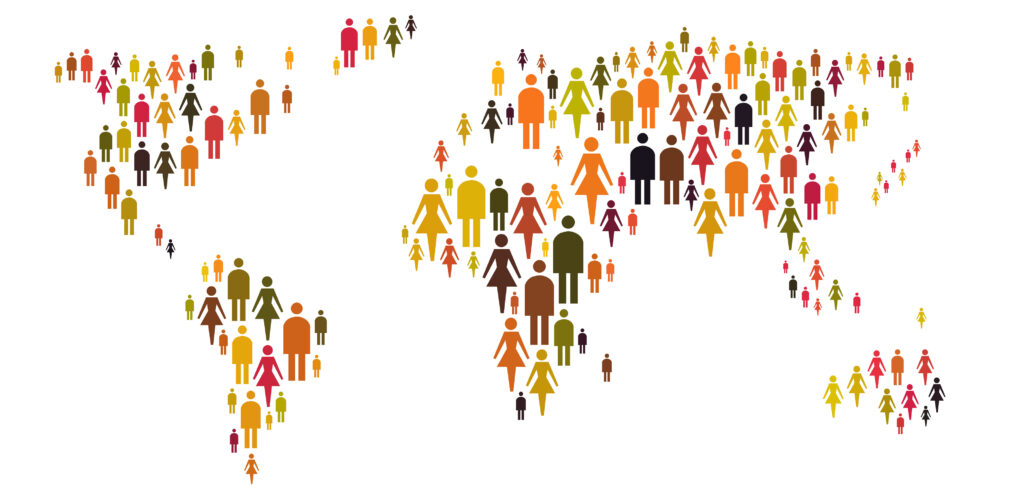USC Price School of Public Policy Vice Dean of Research Neeraj Sood contributed to a new report from the National Academies of Sciences, Engineering, and Medicine that calls attention to the poor quality of health care in low- and middle-income countries.
Highlights and recommendations from the report – titled “Crossing the Global Quality Chasm: Improving Health Care Worldwide” – are available online.
Sood served as the expert health economist for the Committee on Improving the Quality of Health Care Globally, which was formed jointly by the Board of Global Health and the Board of Health Care Services in the National Academies’ Health and Medicine Division for the purpose of producing the report.
“My role was to bring my perspective as a health economist to the report, thinking more about incentives in the health care system, about the cost as well as the benefits, and about some of the potential unintentional consequences of health care polices,” Sood said.
The Committee held four in-person meetings, twice in Washington, D.C., and also in Nairobi and London. Experts came and presented to the Committee on a variety of issues related to the quality of care in middle-income countries, and the Committee commissioned a study to estimate the effects.
“Being on this committee with people who are all experts in their disciplines was a very good experience,” Sood said. “Intellectually, it’s very interesting to hear their perspectives and then try to come to a consensus together to agree on a set of recommendations, which they think will have an impact. This involved really trying to understand people’s perspectives and finding common ground.”
Global effects
The startling results indicate that between 5.7 million and 8.4 million deaths occur each year from poor quality of care in these countries, which means that the level of quality is responsible for 10 to 15 percent of the total deaths in these countries.
Since the report’s release in late August, it has been one of the most downloaded studies on the National Academy of Sciences website, according to Sood, who is also a researcher at the USC Schaeffer Center for Health Policy & Economics.
“I think there’s a good chance that this will lead to real change on the ground because, recently, more countries are focused on improving their health care systems,” Sood said. “With digital technologies, there are ways to improve health care systems that didn’t exist 10 years ago. This whole movement toward universal health coverage has created an energy or buzz around improving health care.”
Data-driven policy
Sood hopes the report will influence more low- and middle-income countries to emphasize people’s quality of care in their health policy.
“Currently, a lot of countries are focused on universal health coverage, which is providing access to health care to everyone in the population,” Sood said. “We want to remind countries that just providing access is not enough; it has to be access to high-quality care.”
The report highlights some blind spots in traditional health care policy. For example, few governments focus on informal health care providers even though they provide the majority of care in low- and middle-income countries. It also urges governments to join in the digital health revolution, and to foster an environment of continuous process evaluation and learning.
“Don’t design policies around the health care system that existed 10 years ago,” Sood said. “Think about what the health care system will be 10 years from now, and design policies for that.”
